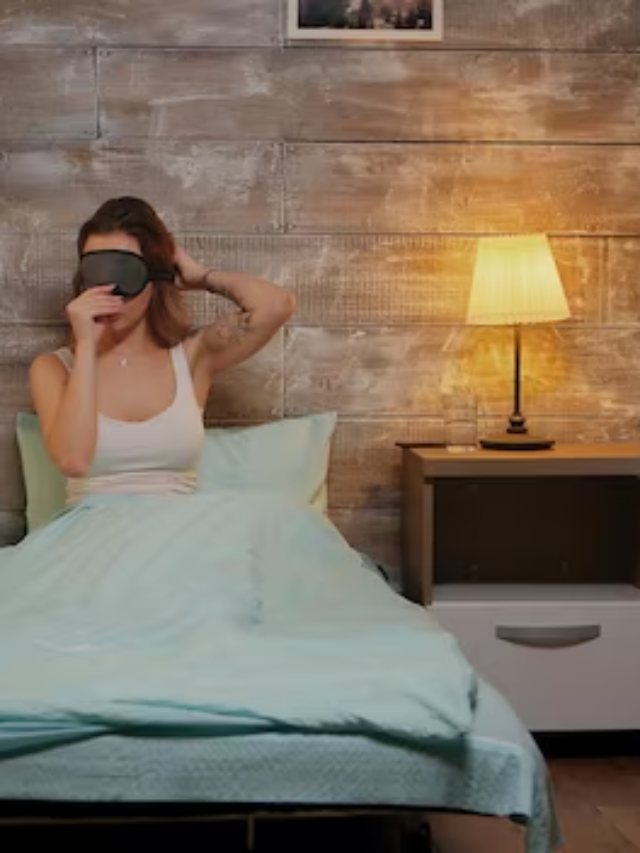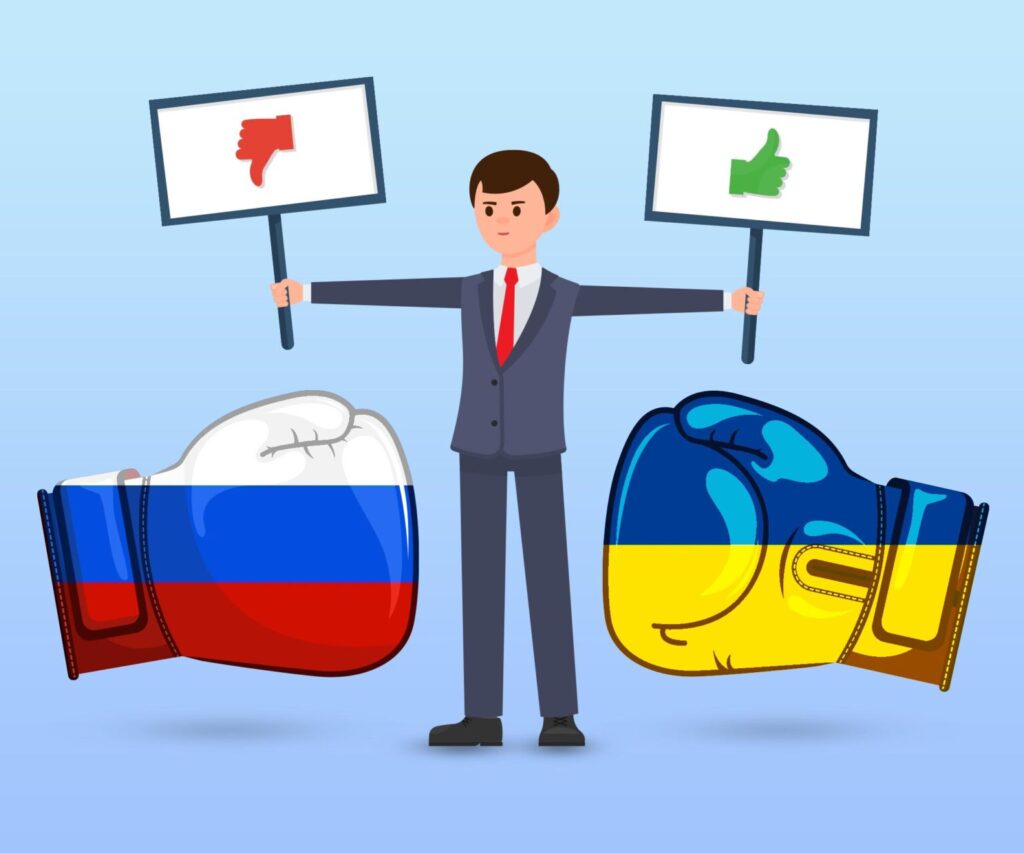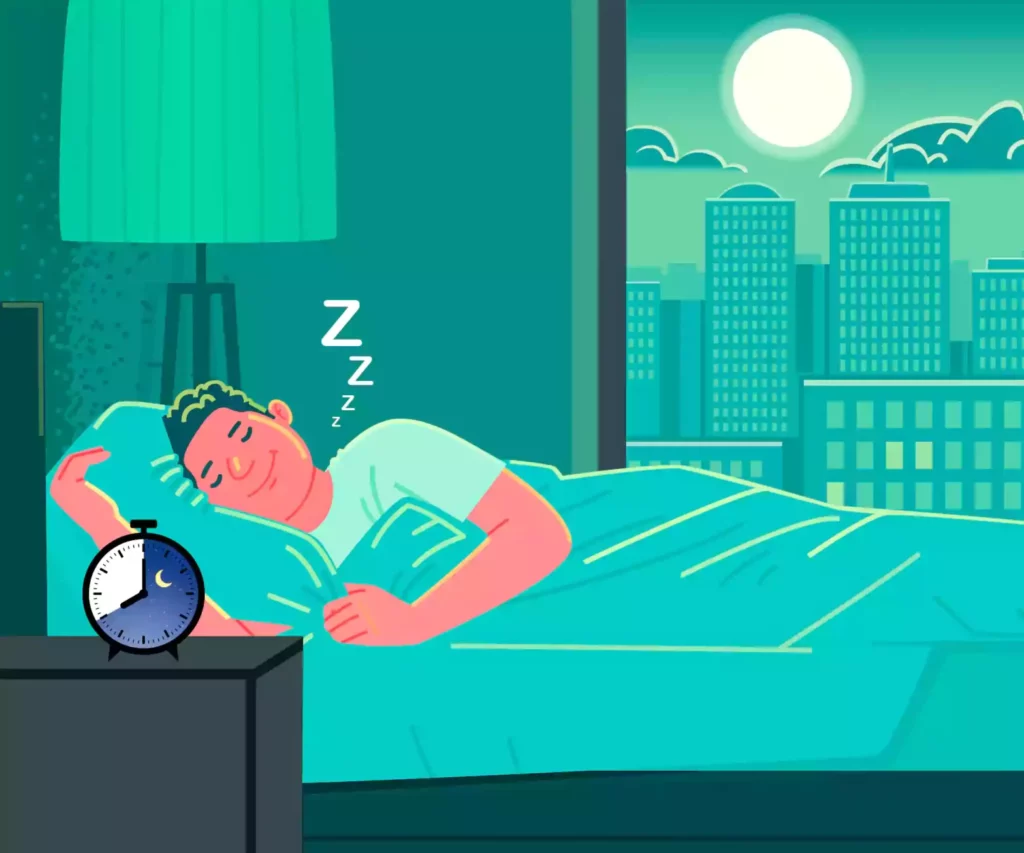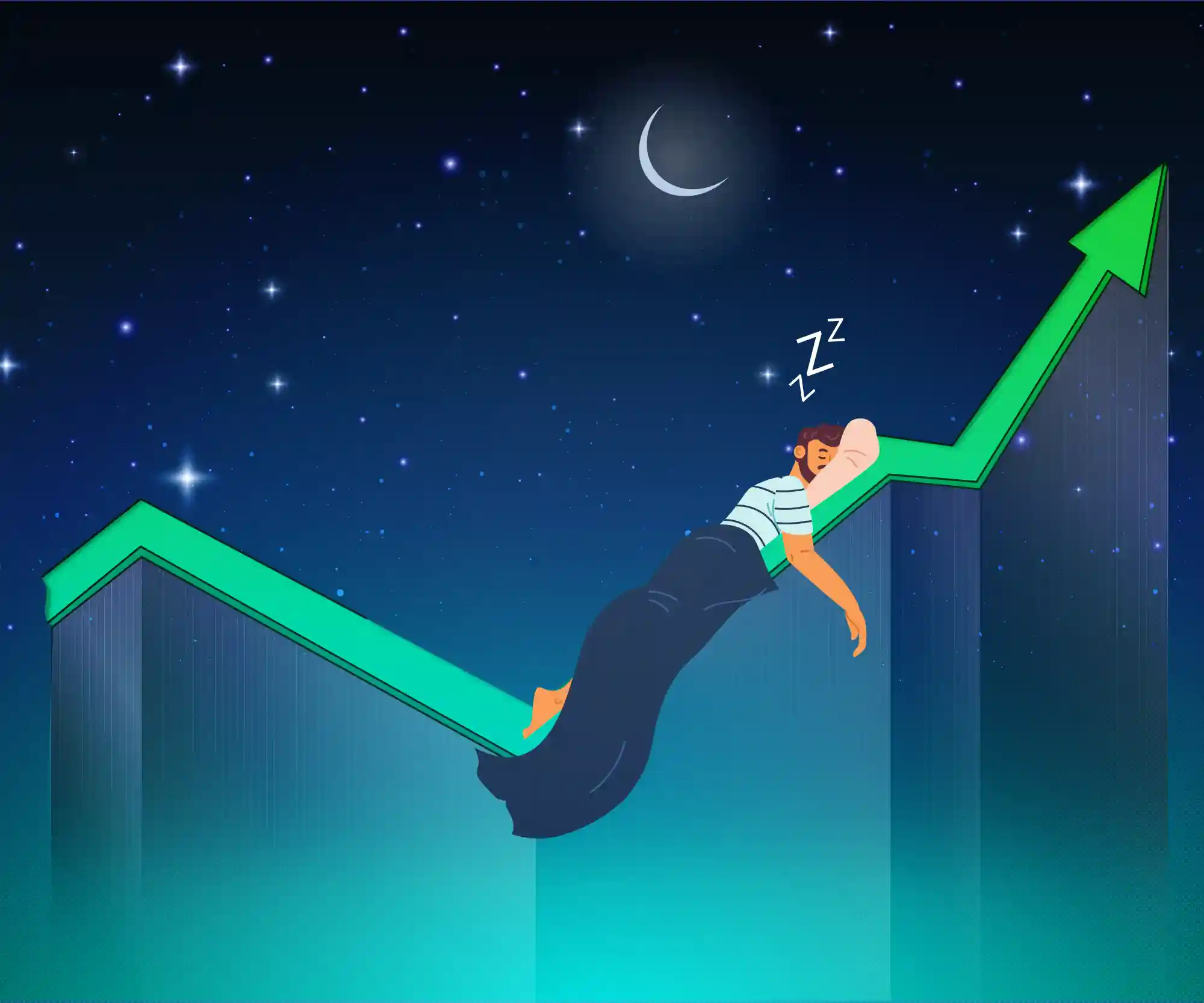
Sleep is fundamental and essential to the human experience. Yet, we don’t know as much about it as we would like. Nevertheless, we know that we cannot do without it, which makes it quite a potent thing to build an industry around. Today, the sleep market has become a multi-billion dollar dream come true, with only further progression predicted by analysts.
The evolution of sleep
Human beings, I discovered, have not always slept the way we do now. Throughout most of history, human beings slept in a biphasic manner or in two spells, if you prefer. As evening rolled along and light became scarce, people slept around 9 or 10 PM for a few hours. Then, they would wake up to perform tasks of some sort before going back to sleep until morning.
Getting seven or eight continuous hours of sleep is a relatively modern idea. Numerous factors led to this change in the way we sleep. The first and most apparent was the invention of artificial lighting—both gas and then electric. This innovation enabled people to stay up longer. However, as they still had to wake up at the same time in the mornings, they required a continuous block of sleep.
The other factors included changes in attitudes that resulted in people being encouraged to wake up early. The association between waking up early and productivity in a newly industrialised world was potent. Soon, society began to shame people for waking up late. This association and the idea of commodifying lifestyle have opened market doors for sleep products and services.
We’ve already covered extensively the risks of sleep deprivation and how to achieve adequate sleep. Aside from these aspects, the cultural sleep patterns worldwide are also of great interest to statisticians. These facts and figures inform the sleep market which product to develop, when, where, and how.
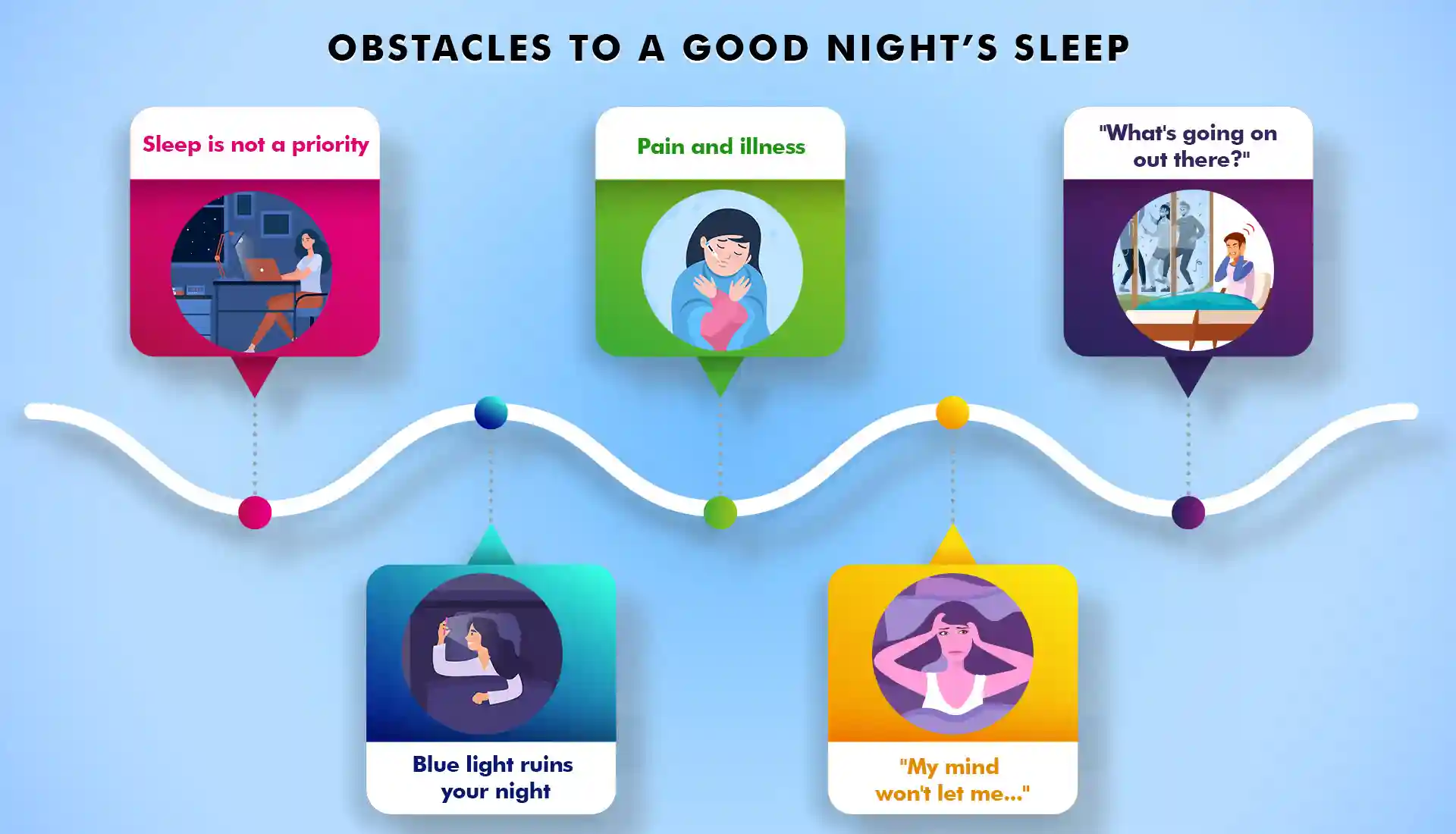
Birth and growth of the sleep market
Millions worldwide suffer from sleep disorders and a general lack of sleep. Insomnia, sleep apnoea, and restless leg syndrome top the list of sleep-related woes. Japan and Singapore are two countries that get the least amount of sleep on average (around 7.5 hours per day). As a result, millions globally are looking for solutions to help them sleep better.
One of the long-debated sleep-disrupting factors has to be the smart devices that have virtually become an extension of the human body now. We watch videos or scroll through social media while in bed. But unfortunately, the blue light emitted by these devices decreases the production of melatonin (a hormone that helps us sleep better). This knowledge led to the innovation of synthetic melatonin in the mid-90s. Over the following decades, we’ve witnessed melatonin patches and gummies in various flavours, packaging, and customised options. Companies like Solgar, Natrol, and Nature’s Bounty—all makers of melatonin supplements lead this vast industry with their products.
Additionally, new brands always emerge in great numbers as demands for advanced-strength, vegan, and budget-friendly variants of these products increase. Then, click a few buttons, and you’re on your way to sleeping like a baby. That’s the magic of the sleep market.
Solutions from the sleep market
With the sleep industry turning into a rather profitable business, companies now offer a range of products aimed at helping people sleep better. And it has graduated to a whole new level, too. For example, purchasing a mattress now involves a detailed quiz on your sleeping habits to personalise your bedding. The luxe mattress brand Helix, for instance, brags data-driven recommendations of its products based on the type of sleeper you (and your partner, if you’re looking at a double-size) are. The product you need is determined after you enter details about your sleep duration, position, and other sleep habits.
ASMR sleep content online exists in its own highly monetised digital market. Content creators like ASMR Phan and ASMRvelous accept donations through their PayPal and Patreon accounts, apart from the ad revenue they generate. The most popular creators bank an average of $6 million a year. As a content form, ASMR accounts for over 5 million channels on YouTube, the average channel boasting roughly 1 million subscribers.
Professional ‘cuddlists’ now offer a newfangled form of sleep therapy. But, of course, the usual products such as weighted blankets, white noise machines, sleepwear, consultancy, bedroom furniture, and so on continue as classics of the sleep market. Bearaby, Luxome, and Eight Sleep are the current forerunners of such products.
Train the brain
Cognitive Behavioural Therapy is also popular for many people who seek to train their brains to create better routines and control the stimuli around them. CBT could include, among other things:
- sleeping and waking at the same times every day,
- not using your bed for work but only for sleep and sex,
- winding down before bedtime by putting away devices, and
- dimming the lights.
Apps like MindDoc and Bloom offer CBT sessions. While there is a wide range of apps to choose from, the substantial ones charge a heavy buck in their subscription rates.
Sleep Tourism
Sleep tourism is exactly what it sounds like—a form of tourism where people book hotel rooms and often travel to other places, not for sightseeing or shopping but to sleep. Hotels cater to them by making the environment as relaxing and sleep-inducing as possible. They use aromatherapy, music, comfortable bedding, and so on. Park Hyatt, for instance, introduced its restorative sleep suite. This suite features an AI-powered bed that regulates its temperature and firmness to suit the sleeper. Some hotels even include massages and meditation to help reset your sleep pattern.
How do we play into the hands of the sleep market?
These solutions and more have been on the rise for years; since COVID and worldwide lockdowns, they have risen even more. To give you numerical context, the global sleep aids market is set to grow from $71.6 billion in 2022 to $97.3 billion in 2027. Furthermore, the sleep apnoea devices market is predicted to grow at a CAGR (Compound Annual Growth Rate) of 7.2% between 2020 and 2025.
This commodification of sleep has, without a doubt, made many people far richer. However, has all of it been necessary? There is always new research telling us how much sleep we need and how much is too little. Societal attitudes towards oversleeping, combined with the fear imposed by studies linking lack of sleep to memory loss and various illnesses, create an “ideal” that few can match. As a result, we experience guilt or stress because we either sleep too much or not enough. So, we buy better mattresses, sleep tracking devices, and funnel sleeping pills into our stomachs in the hope that we will be okay. But it is the worry about not sleeping well enough that keeps us up at night on—I should add—our lovely mattress. It seems to me to be a bit of a vicious cycle that is not particularly necessary.
Putting the questions to bed
Let me be clear that the lines are still hazy here. I do not mean to insinuate that none of the studies is accurate and that we will all be healthy with three hours of sleep every day. The fact is that we still do not know enough about sleep. Makers of sleep solutions continue to carry out their R&D, only to be done in by newer neurobiological findings that challenge or contradict them. Wherever the answers lie, I hope we find them soon. It can be easy to get caught up in this cycle of not sleeping enough, worrying about it, and then being unable to sleep because of our worry. While there are many options (at competitive prices) to help us, it is best to take a breath first before figuring out what might help us the most.
